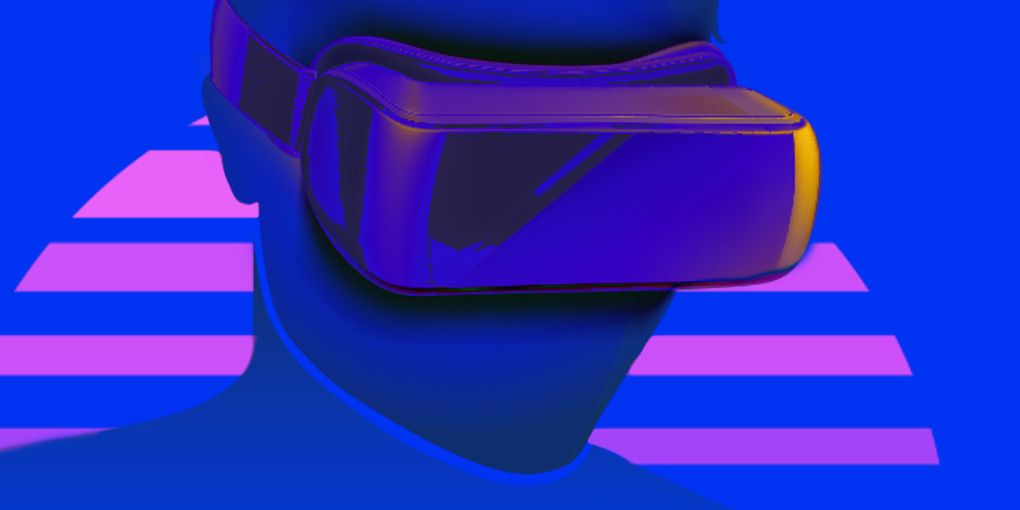
Why Brands Are Embracing Immersive Marketing
19/11/2024
What Is Immersive Marketing?
Immersive marketing uses technology to create experiences that convert passive information recipients to active participants. It blends the real and digital realms, immersing users in the brand's universe. For example, imagine trying out furniture/home goods in your own home before you buy it! IKEA's AR "Place" app lets you do just that. It's like seeing an item virtually before placing it physically. This kind of interactive shopping experience is super fun and makes the decision-making process a breeze. By visualizing how a product would look in your space, you can eliminate the guesswork and make more informed purchasing choices. A full service digital agency in India that specializes in immersive marketing can guide brands to transform ads into engaging events.Why Are Brands Adopting Immersive Marketing?
Brands are increasingly teaming up with a global marketing agency in India to tap into the power of immersive marketing. Here’s why:Enhanced Consumer Engagement and Retention
With so much digital clutter and marketing noise out there, immersive marketing helps businesses to stand out from the crowd. When brands create experiences that consumers can interact with whenever they want, wherever they want, they see higher engagement and better brand recall. For instance, imagine you are waiting for a bus, and you see tentacles emerging from a road gully or maybe a tiger coming right at you within the shelter’s glass. That was what Pepsi’s AR bus shelter campaign in London included in their outdoor advertising. They turned the commuters' boring wait into an exciting experience.Building Emotional Connections and Personalization
Immersive experiences often tap into the customers' emotions, making their connection with brands to be stronger. Personalization takes these connections to a higher level. Take Nykaa for instance. They partnered up with ModiFace to give birth to an innovative virtual try-on feature on the Nykaa platform. This lets customers try on a wide range of makeup products on their face, ALL VIRTUALLY! When brands show they care for their customers, customers tend to stick around more.Higher Brand Awareness and Social Sharing
When brands create experiences that people love, those people naturally want to share their experiences with others on social media. This word-of-mouth marketing helps to escalate brand visibility. Look at Nike's "House of Innovation" stores, as an example. They use AR to let customers dive into virtual worlds where they can interact with the brand's digital products in a unique way. They also use AR-powered mirrors to let customers try on clothes virtually. This unique experience created a buzz online, enhancing their brand image and reach.Staying Competitive in a Tech-Savvy Market
Immersive marketing is a means to stay competitive in this cut-throat competitive era. Samsung, for example, has taken immersive marketing to the next level with their 837-experience store. Here, customers can experience the latest tech firsthand, in an interactive way. By letting people experience Samsung products in a cool, techy way, the brand stays ahead of the competition in the busy electronics market. It attracts people who want a unique and customized shopping experience.Data Collection and Customer Insights
Immersive marketing doesn’t just end with engaging customers– they’re also valuable for data collection. Brands track interactions, preferences, and behaviours and are thus able to understand what really excites their customers. Imagine if brands knew exactly which shoes were the trendiest in a virtual try-on room. Brands can use this kind of data to adjust their inventories and promotions accordingly. Using such type of real-time feedback allows companies to make smart decisions that boost sales and keep customers happy. A global marketing agency in India, using its data-driven strategies, can help brands make smarter choices and achieve better results.Final Thoughts
Immersive marketing is changing the game. It’s redefining marketing by focusing on creating experiences that people love. By knocking on the door of AR, VR, AI, and other technologies, brands are building stronger connections with their customers and creating magical memories that traditional marketing can just think of. As this technology spreads far and wide with more accessibility, immersive marketing will soon become key in every brand's strategy. Ultimately, immersive marketing isn't a passing fad, it is here to stay, bringing brands and customers closer together.To know more about how we can help you devise a winning marketing performance strategy, reach out to us at contact@magnongroup.com or fill the form below.